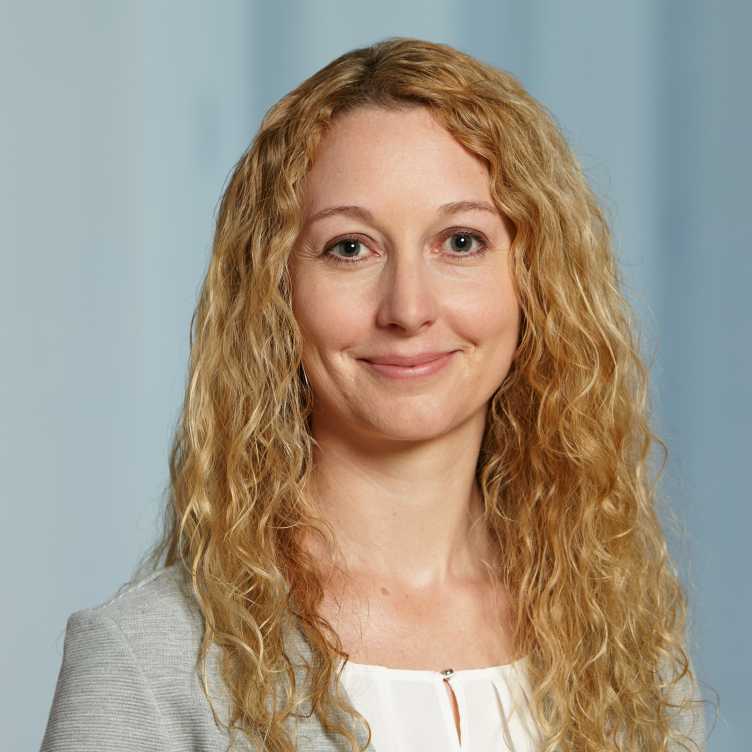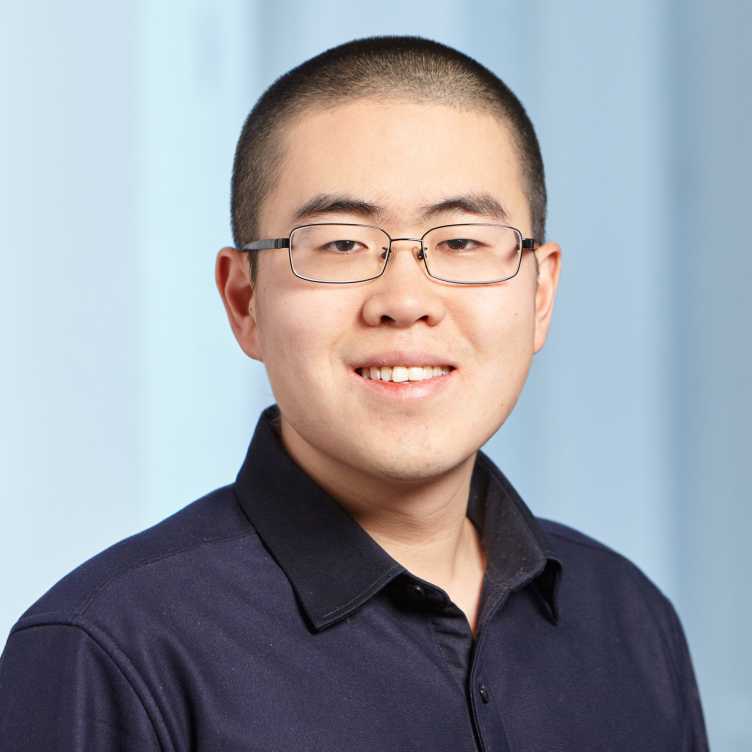ERC Starting Grants for Julia Vogt and Ce Zhang
Professor Julia Vogt from the Institute for Machine Learning and Professor Ce Zhang from the Institute for Computing Platforms receive ERC Starting Grants for their respective research projects. Researchers whose projects are selected in the ERC’s highly competitive procedure receive not only international recognition, but also substantial funding for their project.

Computer scientist and ETH professor Julia Vogt is exploring machine learning at the interface of its theoretical foundations and its applications in medicine. In her project, she will develop new machine learning methods and applications that are highly trusted by physicians and are therefore used more frequently than current systems. Many of today's systems function as a "black box" and therefore lack trustworthiness by medical professionals. Two concrete applications that Vogt would like to realise in her project are systems to detect heart defects in newborns and to predict diabetes in children at an early stage.
More about Julia Vogt: Julia Vogt is an assistant professor at the Department of Computer Science, where she leads the Medical Data Science Group. The focus of her research is on linking computer science with medicine, with the ultimate aim of personalised patient treatment. She has studied mathematics both in Konstanz and in Sydney and earned her doctoral degree in computer science at the University of Basel. She was a postdoctoral research fellow at the Memorial Sloan-Kettering Cancer Center in NYC and with the Bioinformatics and Information Mining group at the University of Konstanz. In 2019, she and her lab moved to Zurich where she joined the Department of Computer Science.

Ce Zhang, assistant professor at the Department of Computer Science, wants to make AI technologies easily accessible and trustworthy for everyone. The challenge is that many current applications do not meet the requirements for trustworthy AI. At the same time, many findings on trustworthy AI relate to individual subsystems, although in everyday life AI systems are often embedded in complex data-centric environments. Zhang wants to extend trustworthy AI to these complex real-world scenarios in his project. In addition to theoretical foundations, he will also develop practical methods for system optimisation together with industry partners.
More about Ce Zhang: Ce Zhang is an assistant professor at the Department of Computer Science. His current research focuses on building next generation machine learning platforms and systems that are data-centric, human-centric and declaratively scalable. Ce Zhang finished his doctorate round-tripping between the University of Wisconsin-Madison and Stanford University, and spent another year as a postdoctoral researcher at Stanford. His work has received recongitions such as the SIGMOD Best Paper Award, the SIGMOD Research Highlight Award and the Google Focused Research Award.
Read the official press release here and learn more about the background of these grants.
The European Research Council, set up by the European Union in 2007, is the premiere European funding organisation for excellent frontier research. Every year, it selects and funds the very best creative researchers to run projects based in Europe. It offers four core grant schemes: Starting, Consolidator, Advanced and Synergy Grants.